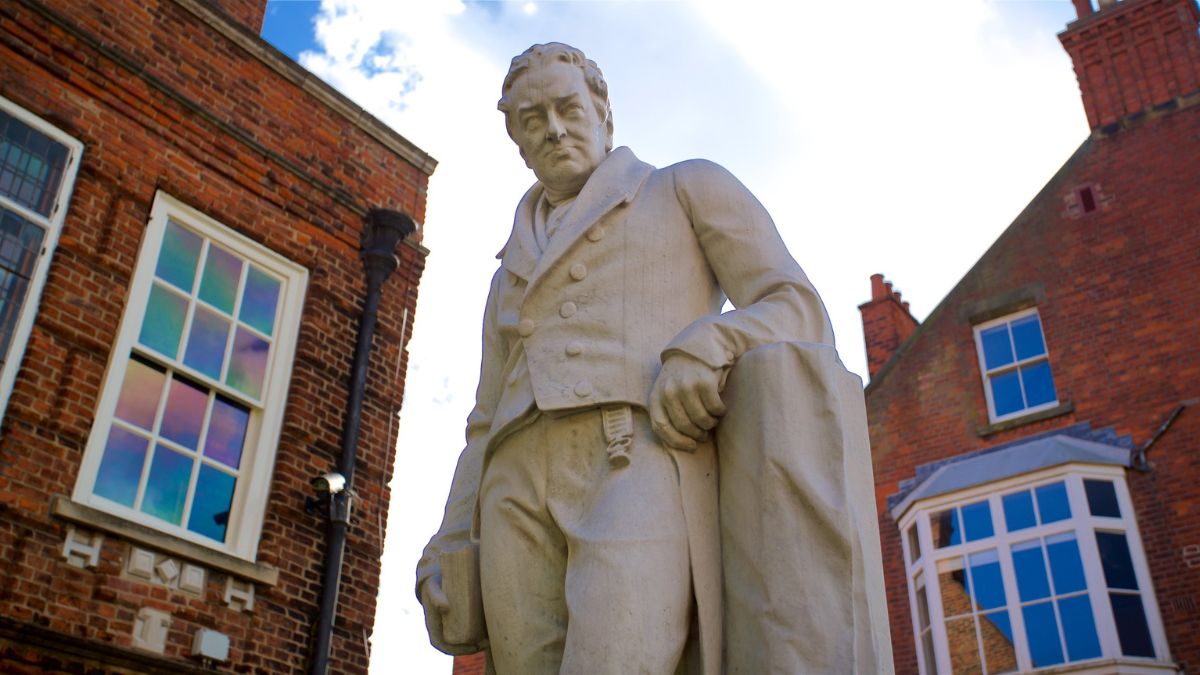

BreakPoint
Dissing the Law
Heard any good lawyer jokes lately? More often than not, they're followed by sardonic, almost vengeful, laughter. Why is that? I believe we are witnessing a frightening erosion of respect for the law and for those who administer it—an erosion that could presage the collapse of our social order. This casual disrespect wasn't always the case. Our founders were influenced by thinkers like Samuel Rutherford, a Scottish cleric who argued that a nation's laws must be based not on the whim of any man, but on the decrees of God. Lawmaking grew out of the traditions of a culture grounded in Christian revelation. Such a legal system, reflecting a people's own moral convictions, commands broad-based respect. Rather than a set of rules imposed by an elite, it is an instrument of self-governance, whereby the people enact their own convictions. But today's view of law is strikingly different. Many Americans view the law as coercive—an instrument of power and privilege, not an expression of our own deep convictions. What brought about such a drastic transformation? In the nineteenth century, American jurist Oliver Wendell Holmes, Jr., contended for a novel view of the law. He urged lawmakers not to be bound by morality or tradition. Instead, he argued, they should choose laws for their projected social and political results. Holmes's philosophy took root. The result is that law has become a handmaiden of politics and social engineering. Instead of arising from the moral and religious traditions of the governed, law has become the creation of lawyers, sociologists, and economists. This seismic shift underlies some of today's legal absurdities. For example, in the aftermath of the Oklahoma City bombing, a bill was rammed through the Senate providing 1,000 new "counterterrorism agents"—to be given broad new authority to tap phones, access credit cards. Yet during the past five years, America has chalked up only 31 terrorist incidents, most committed by animal-rights activists. The Senate's measure is a clear case of the law being used purely to score political points. Or consider the O. J. Simpson trial. This media circus has convinced many Americans that the law is not about justice; it's about money and entertainment. Or look at all the cases restraining religious liberty, the religious liberties that grow out of our own organic traditions. St. Thomas Aquinas once said that without a moral consensus there can be no law. American law has been forcibly uprooted from the rich, moral soil of the American conscience. And today we're witnessing the tragic result: law reduced to politics and even to media entertainment. No wonder respect for the legal system has plummeted. No wonder lawyer jokes have grown so vicious. But there's a great apologetic opportunity here. The next time your neighbors complain about Christians trying to influence politics and the law, explain to them that what's wrong with our legal system today is precisely the fact that we've taken away the religious influence from our laws. In the process we may cease to be ruled by law and once again be ruled by men—politicians advancing their own power or bureaucrats and social engineers. Remember, if we don't govern ourselves under law, no doubt we'll be governed by men. And remember, too, what happened to the Israelites when they made that choice—a human ruler over God. Disaster for them as it could be for us today.
12/12/95















